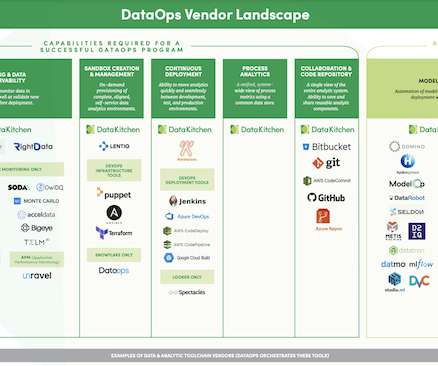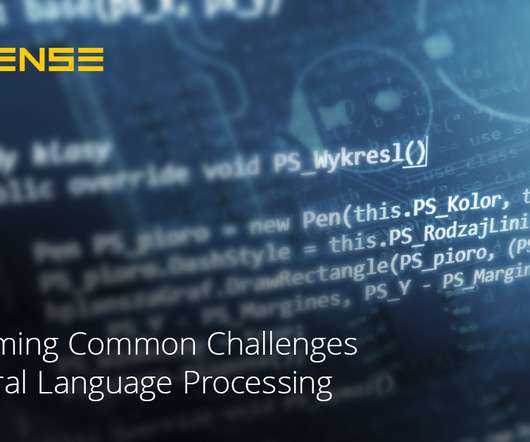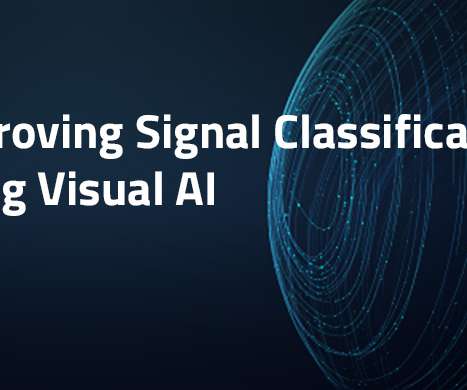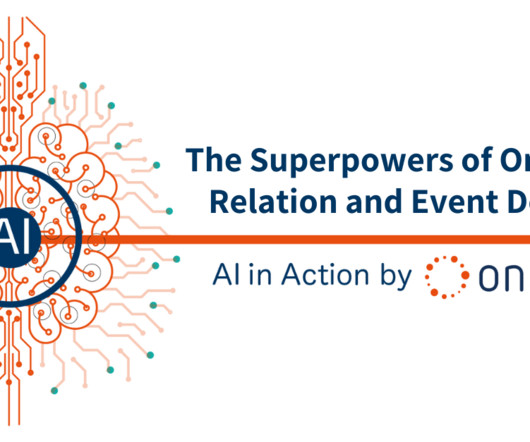The Rise of Unstructured Data
Cloudera
NOVEMBER 15, 2021
The word “data” is ubiquitous in narratives of the modern world. And data, the thing itself, is vital to the functioning of that world. This blog discusses quantifications, types, and implications of data. Quantifications of data. Here we mostly focus on structured vs unstructured data.





























Let's personalize your content